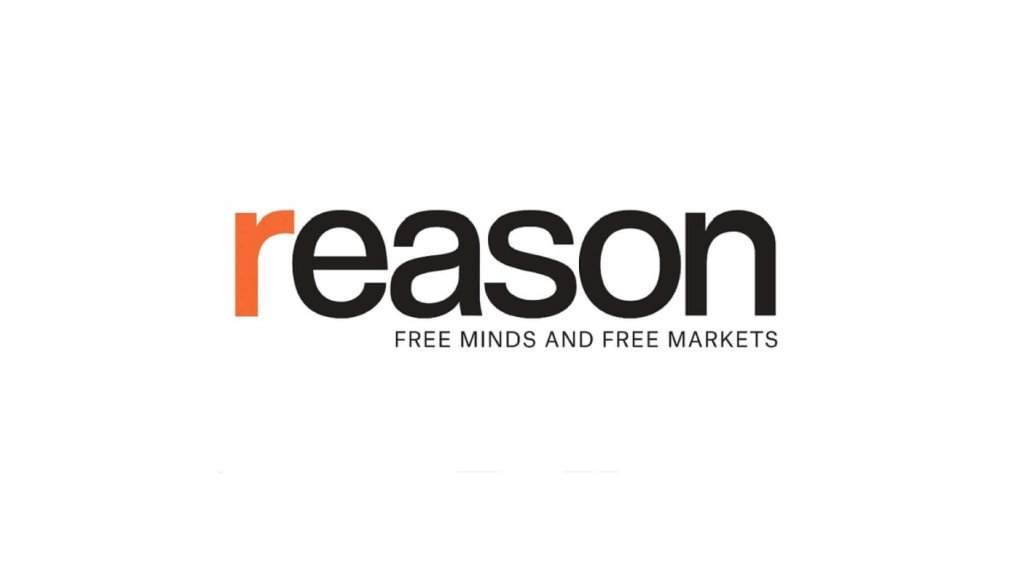Bruen and CASA: Analogical Originalism
I’ve finally finished Trump v. CASA. And I have lots of thoughts. But for starters, I wanted to focus on an obvious missing link between CASA and Bruen.
In Grupo Mexicano, Justice Scalia used reasoning by analogy to determine whether a particular remedy is within the scope of the equitable jurisdiction of federal courts:
We must therefore ask whether universal injunctions are sufficiently “analogous” to the relief issued “‘by the HighCourt of Chancery in England at the time of the adoption of the Constitution and the enactment of the original Judiciary Act.'” Grupo Mexicano, 527 U. S., at 318–319 (quoting A. Dobie, Handbook of Federal Jurisdiction and Procedure 660 (1928)).
The answer is no: Neither the universal injunction nor any analogous form of relief was available in the High Court of Chancery in England at the time of the founding. . . .
Under Grupo Mexicano de Desarrollo, S. A. v. Alliance Bond Fund, Inc., 527 U. S. 308 (1999), the lack of a historical analogue is dispositive.
Sound familiar? In Bruen, Justice Thomas followed a similar originalist framework to determine if a particular gun-control law aws within the scope of the government’s regulatory power:
Much like we use history to determine which modern “arms” are protected by the Second Amendment, so too does history guide our consideration of modern regulations that were unimaginable at the founding. When confronting such present-day firearm regulations, this historical inquiry that courts must conduct will often involve reasoning by analogy—a commonplace task for any lawyer or judge. Like all analogical reasoning, determining whether a historical regulation is a proper analogue for a distinctly modern firearm regulation requires a determination of whether the two regulations are “relevantly
Article from Reason.com

The Reason Magazine website is a go-to destination for libertarians seeking cogent analysis, investigative reporting, and thought-provoking commentary. Championing the principles of individual freedom, limited government, and free markets, the site offers a diverse range of articles, videos, and podcasts that challenge conventional wisdom and advocate for libertarian solutions. Whether you’re interested in politics, culture, or technology, Reason provides a unique lens that prioritizes liberty and rational discourse. It’s an essential resource for those who value critical thinking and nuanced debate in the pursuit of a freer society.



